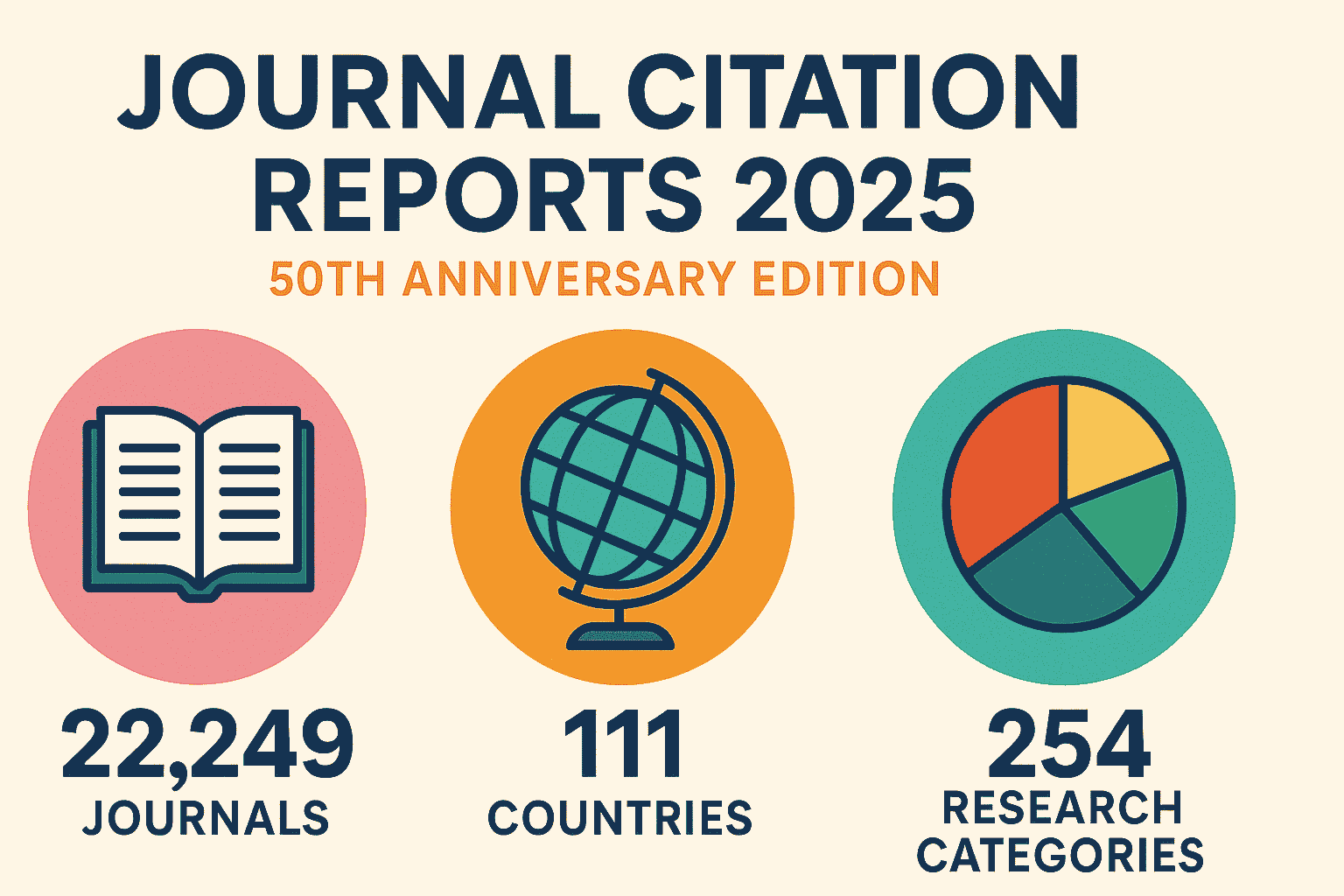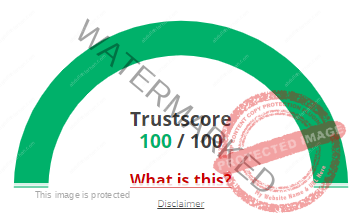Tags :Cancer immunotherapy
Anti-cancer effect of interleukin-2 fused to flagellin expressed by tumor-targeting Salmonella Summary Researchers explored a novel cancer therapy using tumor-targeting Salmonella bacteria. They engineered the bacteria to express a fusion protein combining interleukin-2 (IL-2), an Read More
The untapped potential of radiation and immunotherapy for hormone receptor-positive breast cancer Summary Hormone receptor-positive (HR+) breast cancer, while treatable, often develops resistance to endocrine therapy. Emerging research explores combining radiation therapy with immunotherapy to Read More
Nature Immunology, Published online: 24 July 2025; doi:10.1038/s41590-025-02233-4 Here the authors identify the granin hormone SCG2 as a ligand for the inhibitory receptor LILRB4. They show that SCG2 released from tumors can suppress Read More
Bifidobacterium boosts anti-PD-1 effectiveness through JAK pathway in hepatocellular carcinoma Summary A study reveals that Bifidobacterium species enhance the efficacy of anti-PD-1 immunotherapy in hepatocellular carcinoma (HCC). The mechanism involves Bifidobacterium modulating the gut microbiome, Read More
Combination of pembrolizumab and radiotherapy induces systemic antitumor immune responses in immunologically cold non-small cell lung cancer Summary A study demonstrates that combining pembrolizumab, an immunotherapy drug, with radiotherapy can trigger systemic anti-tumor immune responses Read More
MARCO expression on myeloid-derived suppressor cells is essential for their differentiation and immunosuppression Summary Myeloid-derived suppressor cells (MDSCs) require MARCO expression to properly differentiate and exert their immunosuppressive functions. MARCO, a scavenger receptor, plays a Read More
Immunotherapy for diffuse gastric cancer: challenges and new avenues Summary Immunotherapy offers promise for treating diffuse gastric cancer (DGC), a particularly aggressive subtype with limited therapeutic options. However, DGC presents unique challenges, including low immunogenicity Read More
Nanomechanical binding mechanism of ligands drives agonistic activity Summary Ligand binding to receptors triggers biological responses, but the precise mechanism remains unclear. Recent research highlights the crucial role of nanomechanical forces in this process. Ligand Read More
Oncolytic virus-mediated p53 activation boosts the antitumor immunity of a p53-transduced dendritic cell vaccine Summary This research explores combining oncolytic viruses and p53-enhanced dendritic cell (DC) vaccines to improve cancer immunotherapy. Specifically, DCs Read More
Integrated multidimensional bioinformatics analysis of the molecular mechanisms of ulcerative colitis-associated colorectal cancer and MMP1 as a potential therapeutic target Summary Ulcerative colitis-associated colorectal cancer (UC-CRC) is a serious complication of ulcerative colitis. This study Read More







